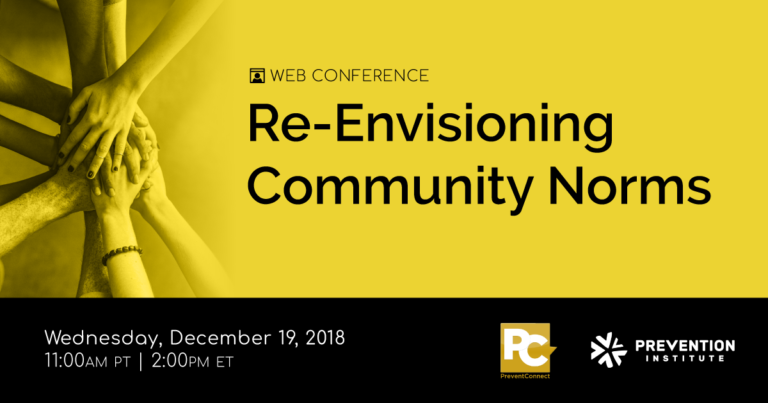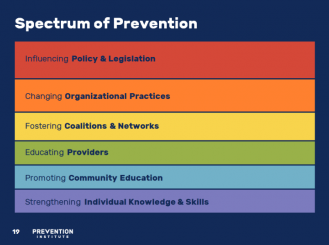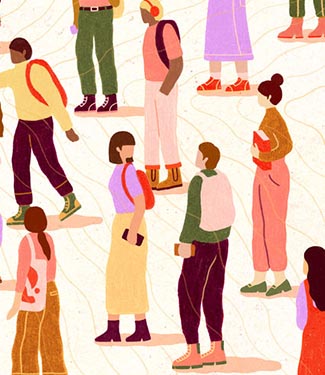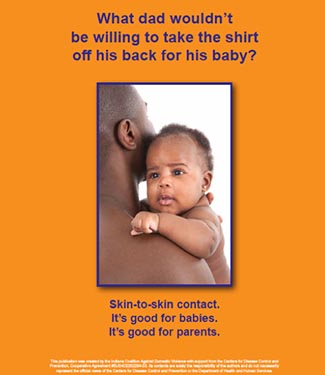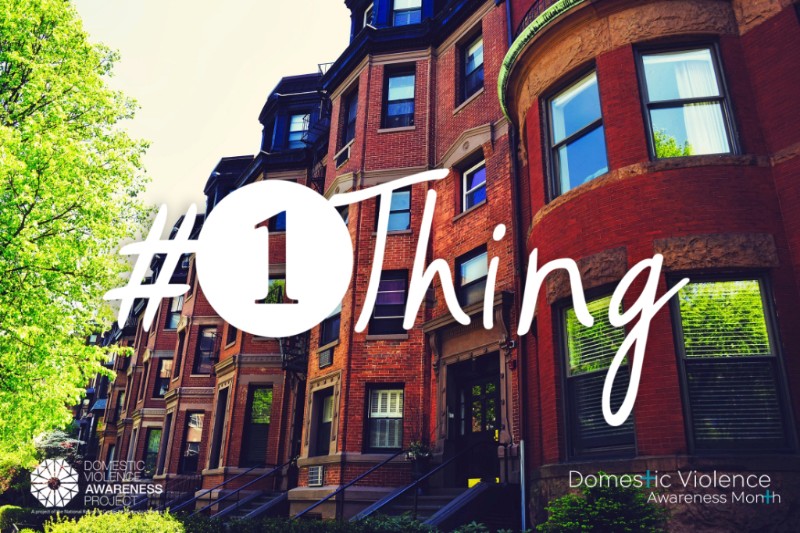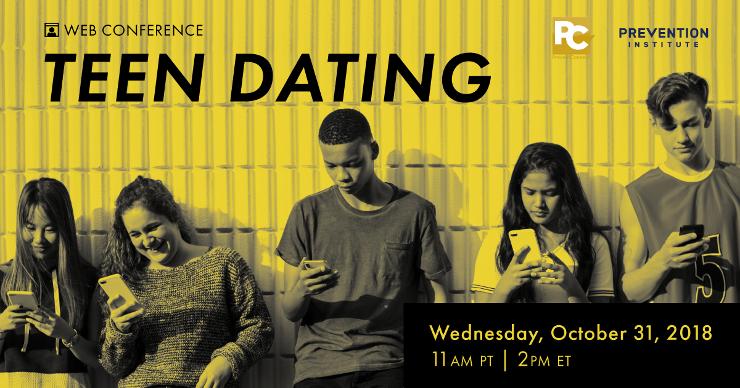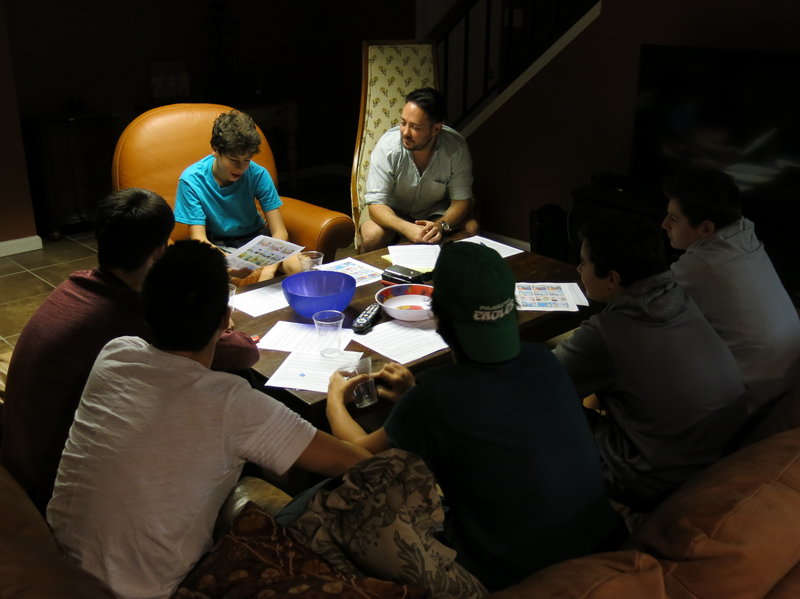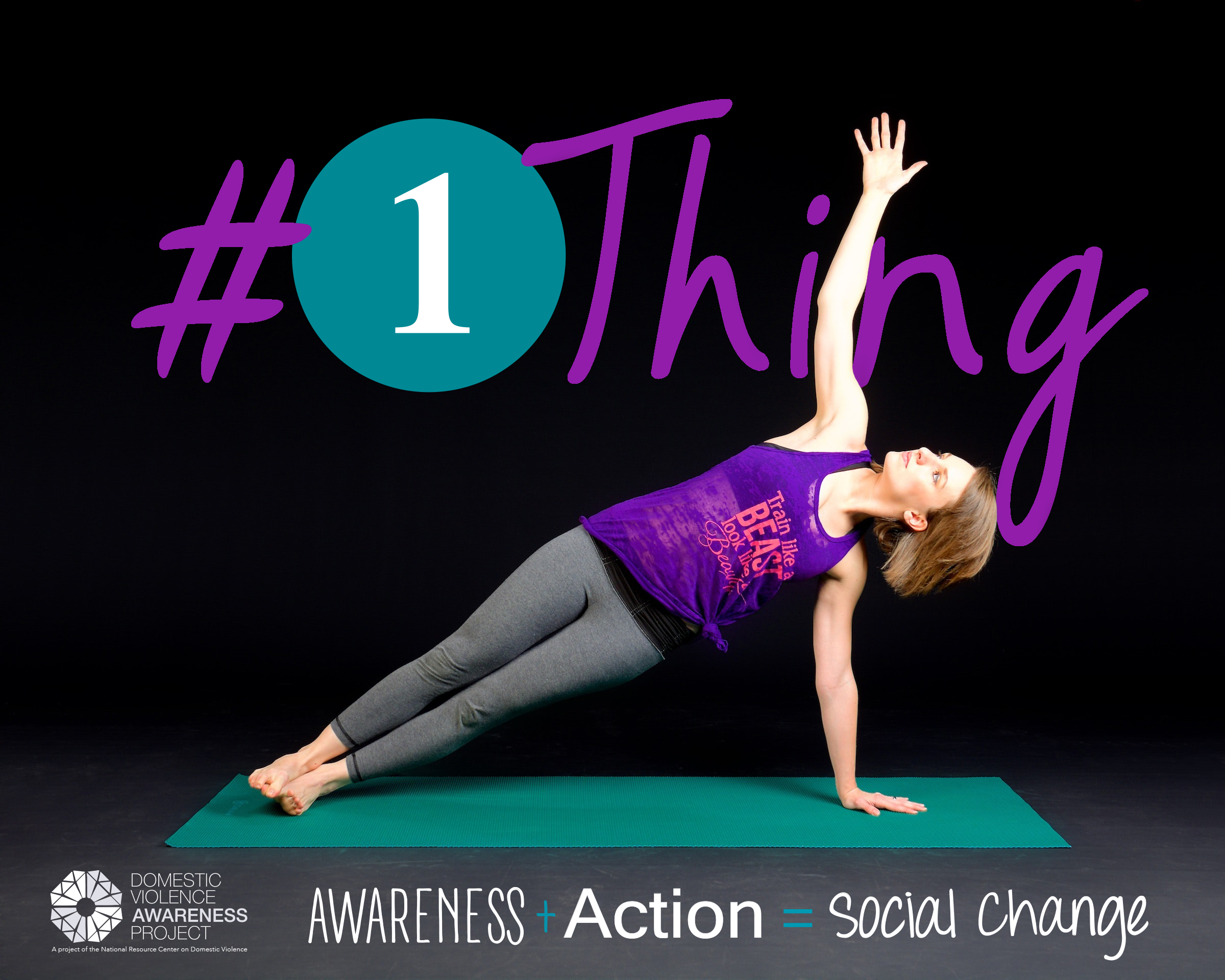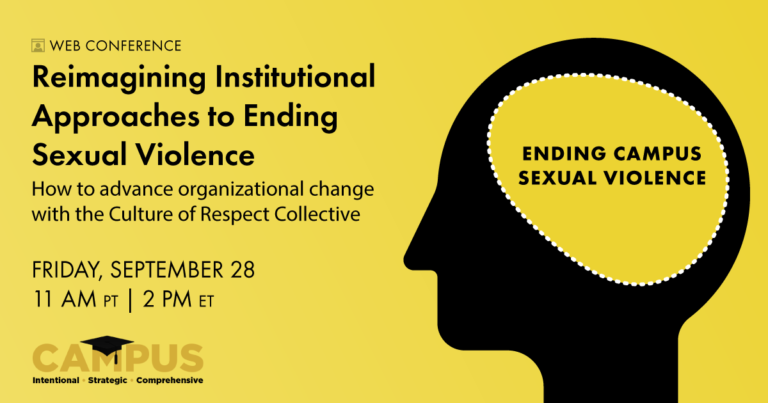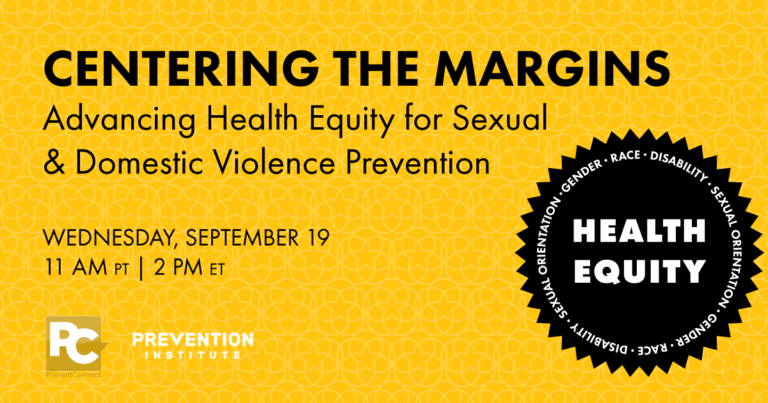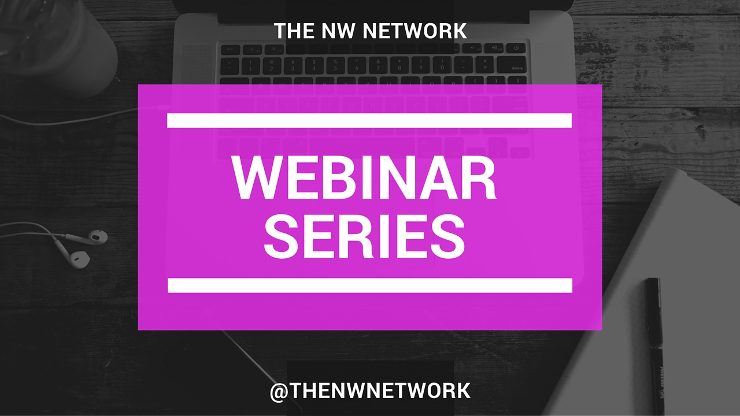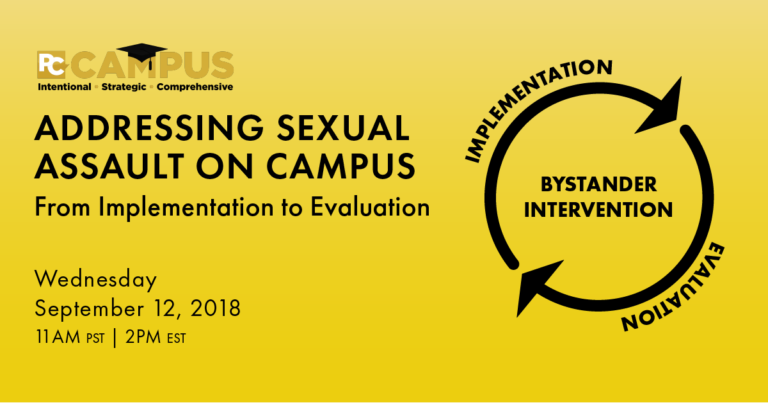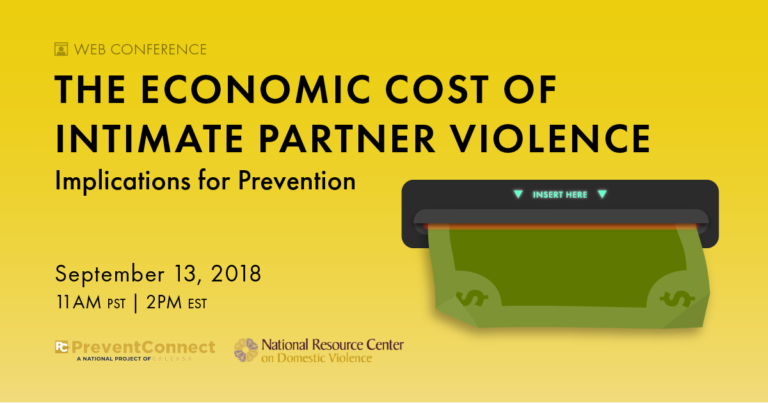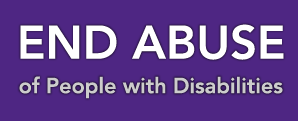Notice of Federal Funding and Federal Disclaimer: This website is funded through Grant #90EV0410-03 from the U.S. Department of Health and Human Services, Administration for Children and Families, Family and Youth Services Bureau, Family Violence Prevention and Services Program [which incorporates funding provided by the National Center on Injury Prevention and Control/Center for Disease Control and Prevention (NCIPC/CDC)]. Neither the U.S. Department of Health and Human Services nor any of its components operate, control, are responsible for, or necessarily endorse this website including, without limitation, its content, technical infrastructure, and policies, and any services or tools provided.

